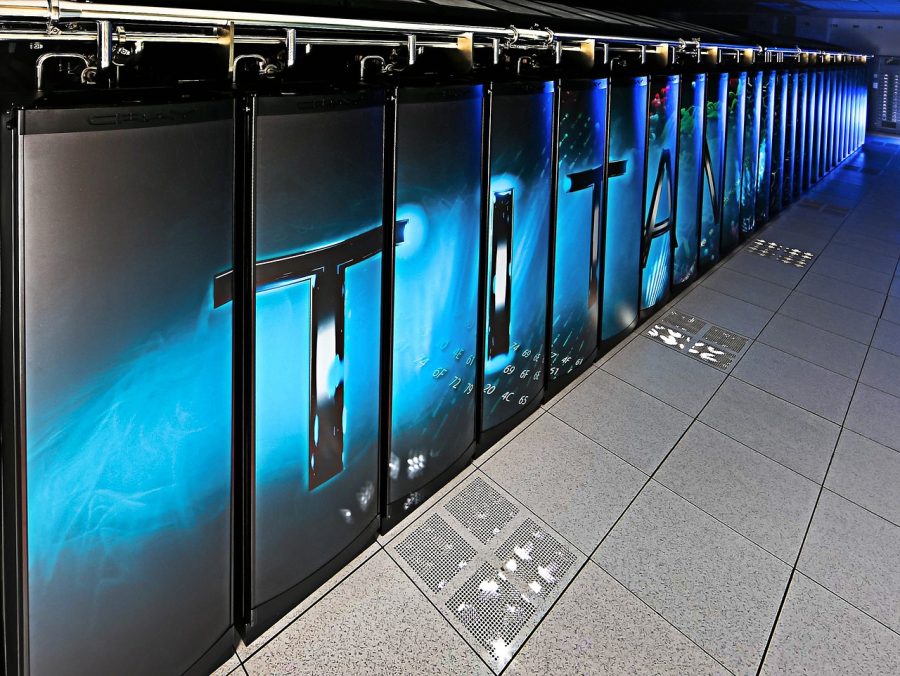Baidu, the Chinese search engine and tech giant, announced today (Jan. 3) that they are in talks with the state-backed Beijing Academy of Quantum Information Sciences (BAQIS) to donate a quantum computing lab and equipment, reports Reuters.
A spokesperson for the Beijing company who announced the plans said that the two organizations are currently in talks to finalize the details. There is not currently a timeframe for the completion of talks.
In November last year, Alibaba, another Chinese tech company, announced that amidst company restructuring they would be shuttering their quantum research lab and disbanding the research team who lead it. The company then donated the lab and equipment to Zhejiang University, another government-backed institution.
Baidu and quantum computing
The tech powerhouse has been involved in quantum computer research since 2018 when it opened its research lab. Led by Duan Runyao, the lab saw its first major success in 2022 with the release of Qian Shi, a quantum computer, which Baidu made available to external users to advance quantum computing research and apply the technology to practical uses.
Baidu stated at the time that Qian Shi boasts a 10-quantum-but (qubit) processor, and that they had also been successful in the development of a 36-qubit chip. Baidu has been developing Artificial Intelligence (AI) tools and this vast computing power is sure to aid them in this pursuit.
What use is quantum computing?
Quantum computers operate at extremely low temperatures and are supposed to be many times faster than standard computers. However, there currently aren’t many practical applications. The mathematical proofs suggest that quantum computers could be especially valuable in fields that require heavy-duty modeling, such as physics and chemistry, but they have not yet been applied to these challenges.
There is also hope that quantum computers will be effective at developing AI tools. AI models need to be trained on huge quantities of data and require vast quantities of computing power. Quantum computing is one possible answer to the escalating power demands of AI development.
Featured image credit: 12019/Pixabay


















